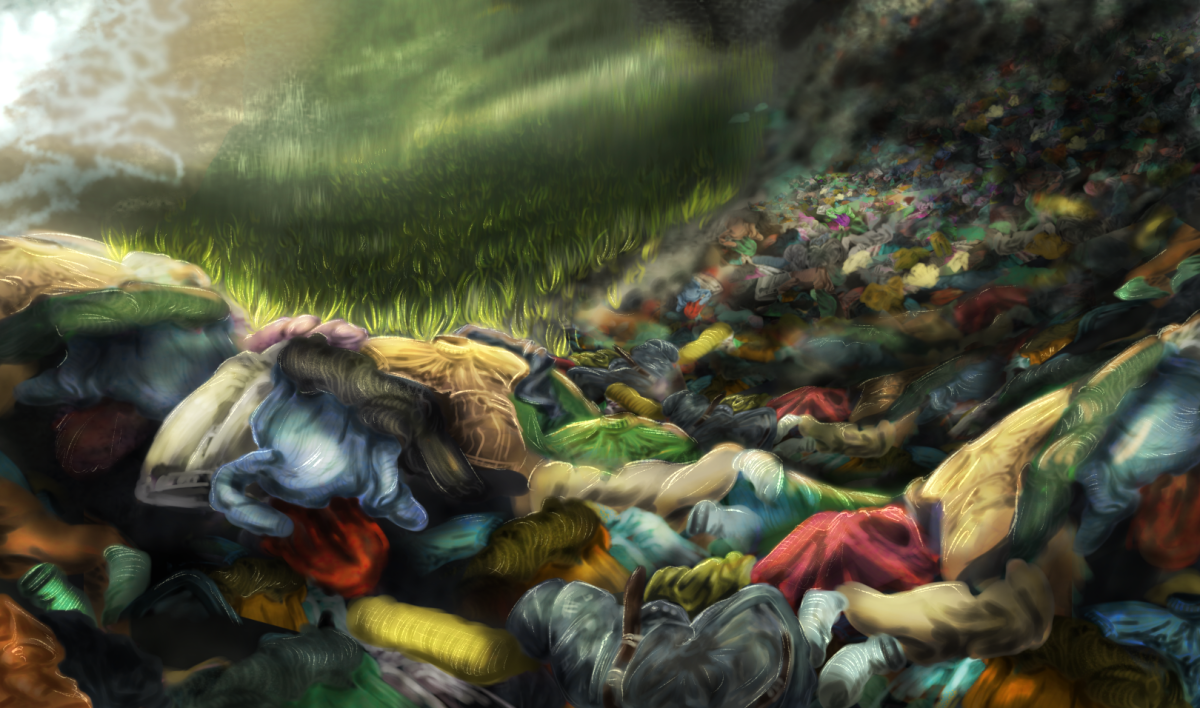To my delight, Stargate quickly surpassed my expectations and I immediately moved it onto my list of all-time favorite television shows. It focused on the exploits of modern Americans into the stars as they explored and encountered both primitive and advanced species from 1997 until 2007, their technology and mannerisms clearly showing what era they were from.
Now, is this series the new show that you have been searching for to binge-watch? If it seems like it is, I have a question to pose to all of you. Have you ever thought of stepping onto another planet and having adventures throughout the unknown galaxy in this day and age? Humankind has been obsessed with this idea since before modern technology allowed a man to walk on the moon. Television and film have since given representation to the mere idea that we have grasped onto since the beginning of our civilization. Franchises such as “Star Trek” and “Doctor Who” have taken us where no one had gone before, creating startling imagery based far into the future of the human race. It wasn’t until 1994 that we finally had a science-fiction series that stuck a little closer to home.
Released on Oct. 28, 1994, a new type of science-fiction movie was introduced by the name of “Stargate.” The entire premise of this movie was the exploration of space by use of an alien gateway that could transport matter halfway across the galaxy in the blink of an eye. This movie proved to be successful and eventually lead to a television series created in 1997 as a sequel entitled “Stargate SG-1.” This show was set in 1997 and focused on the same central characters as the movie: snarky Colonel Jack O’Neill and compassionate cultural anthropologist Dr. Daniel Jackson, but this time they were portrayed by different actors. The series also introduced new characters that quickly became fan favorites, such as the steadfast alien Teal’c and intelligent astrophysicist/Captain Samantha Carter.
The series followed the adventures of the titular team comprised of these four individuals. Through these exploits, SG-1 encounters lost and ancient civilizations that originated on Earth and battles against new alien life forms using Earth technology. They also deal with moral issues and the impact their interference could cause on other cultures. This series also draws from mythology and folklore to make it more interesting, the main foes posing as mythological Gods who used their parasitic nature to become the ruling force of the galaxy. It touches on alternate realities, the cultural implications of visiting other planets and humankind striving to evolve technologically to battle their foes. The show quickly amassed a cult following that allowed the series to continue for ten years, making it the longest running American science-fiction television show in history at the time.
This feat allowed for two more spin-offs to be created, “Stargate Atlantis” and “Stargate Universe.” Both were based in the same universe, running for five and three seasons respectfully. “Stargate Atlantis” was based in another galaxy on the fictional alien base known as Atlantis. “Stargate Universe” was based on a traveling ship that traipsed across the known universe into the unknown. After “Stargate Universe” concluded, there was an announcement that no more series were in process of being created. However, this did not stop two direct-to-DVD movies being released to continue “Stargate SG-1″ and books were written to further the “Stargate Atlantis” franchise. An animated series known as “Stargate Infinity” was also produced, but it is not considered “Stargate” canon. The last episode of “Stargate Universe,” aired in 2011, marked the end of an era of steady “Stargate” media.
Hope is not lost, however, for the fans of this much-loved saga. This series is far from over. In 2017, it was revived with the announcement that there will be a new prequel web series premiering in 2018, “Stargate Origins.” Dependent on how popular the series becomes, we could be looking at a complete revival of this franchise. There is even talk of rebooting the entire cinematic series, however this plan seems to be shelved indefinitely.
For those of you out there who are interested in what would happen if modern day Americans could travel to other worlds, this is exactly the show for you. Also, since “Stargate SG-1″ is 10 seasons long and has two spin-off series, not to mention the two straight-to-DVD releases, you will be occupied for a long time. If looking for television series to binge-watch on a rainy day, I would recommend curling up with a cozy cup of tea and giving “Stargate” a try. Perhaps you’ll enjoy it enough to watch the entire series. You can find it on Hulu and Amazon.






